January 15: Well I'm not moving to f****** Seattle
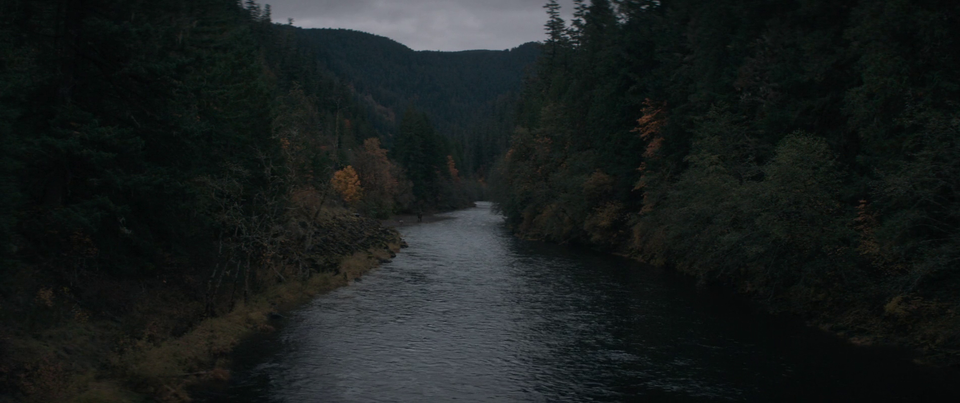
At the heart of most good things lies a tiny kernel that, if heated to just the wrong temperature, if subjected to just the wrong pressures, might ignite a transformation that ruins the whole thing. When I think about some of the things I love the most - cocktails, an incredible meal, a gigantic, imaginative video game, a shining and slick new pop song - they're all the product of someone's long dedication and their own ambition to make sure other peoplecan share in it. It's a beautiful thing, sharing in the goodness that other people give the world, but sometimes a thing that began as an expression of abundance and generosity gathers its own center of gravity, and the creativity which once was the driving force takes a backseat to the crucibles of competition and productivity, shareholders and expectations.
Coming of age in the '00s and '10s meant becoming very familiar with this conversation about whether or not the good thing we want to make is worth the emotional, physical, financial, and social costs to the makers. Gotta hustle, gotta risk it for the biscuit, etc. It's a conversation that, I think, lies at the heart of the Millennial condition - this belief that there are better ways to live, betrayed by the impossibility of accessing it. And so we've exploded out into vicarious life, accessing experiences by proxy on our feeds and custom algorithms, a reassuring stream of consciousness that showcases someone out their living with good things and letting us have a piece of it, at least for a moment. The good life, in aggregate.
To be honest with you, I don't have much of an opinion on whether this is good or bad thing. By which I mean, I don't think my tendency to consume gorgeous food primarily through the distance of a screen and a competent editor is an existential sign that testifies to the emptiness of modern life. But if we are going to agree that the pleasure of a delicious meal is, in and of itself, a good thing to have, then I think we can help safeguard against the burning crucible of performativity by being specific in our gratitude.
In the movie I'm recommending this week, there's a scene between an old, retired chef and a former employee who, in the chef's absence, had turned his restaurant into a modest bakery. It's an awkward scene, filmed from a distance, as if from a CCTV camera. Silence fills up the spaces between their words, and it's clear that the chef has lost the capacity for ordinary relationship, if he had ever had it at all. But what he has retained, at least, is specificity. He wonders if she still makes that beautiful baguette. "The same recipe?" The same. She gives it to him, along with a couple hand pies, because she knows that despite the drastic changes in the intervening years between the last time the baker encountered the chef, that he still knows her work is good. As he leaves the bakery, he notices more changes she's made - removing the curtains, for instance - and, baguette in hand, he says, "it's better this way."
Play: Alto’s Odyssey: The Lost City on iOS
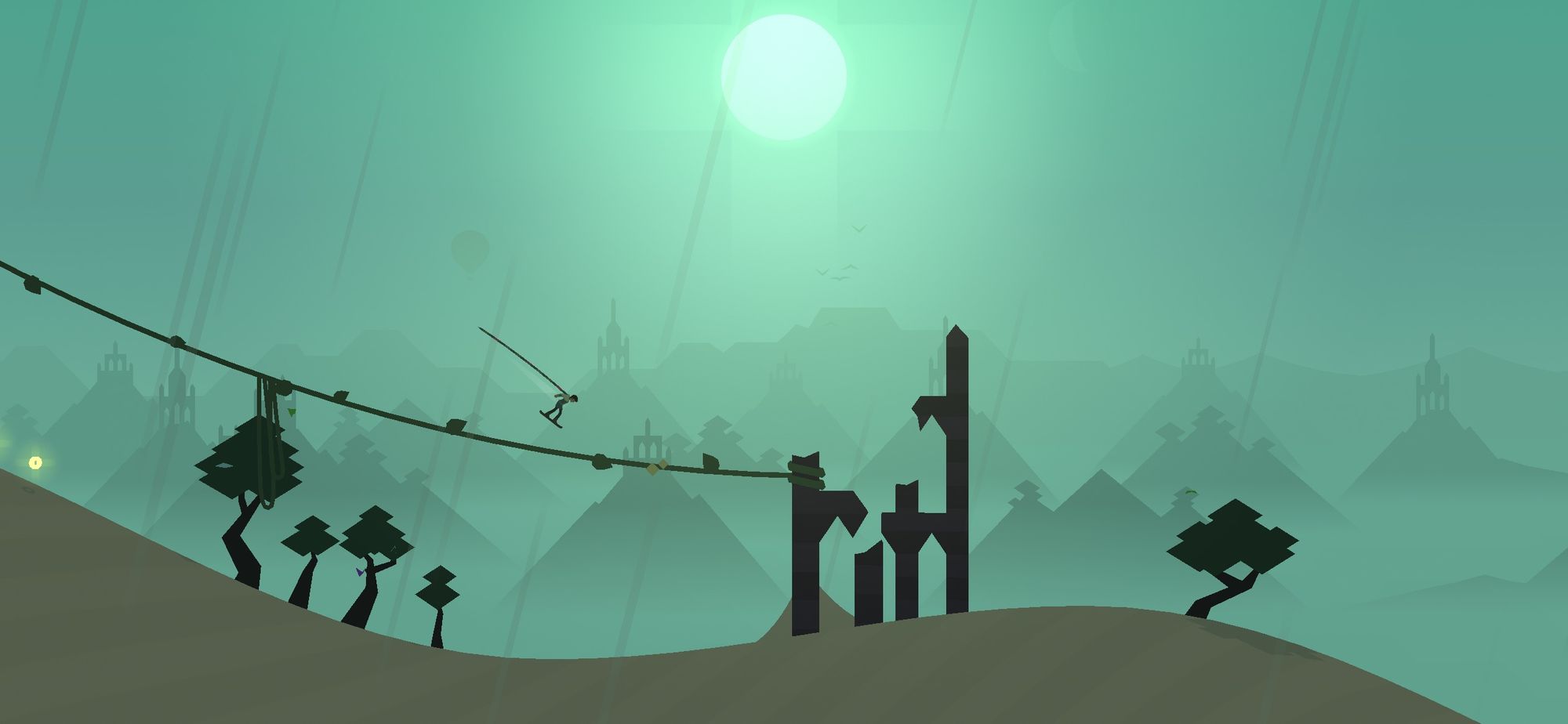
Video games don’t need to be these huge, complicated things. Sometimes I love games because of how they narrow the field, bringing some much needed focus to my life which tends toward explosive meandering. Early last year I recommended an Apple Arcade release on iOS called Mini Motorways, a game I loved for the trance-like state it lulled me into. Today I want to bring you another shining testament to the flow state: Alto’s Odyssey: The Lost City.
Fundamentally, this is an endless runner game where you see how far you can guide your sandboarder through the hills, ruins, and chasms of a mysterious desert. Controls are dead simple. Touch to jump, hold to backflip, go faster when you land tricks. That’s it. The game’s artful illustrations provide a beautiful yet economical visual lexicon that make navigating the undulating desertscape a breeze, and the lush sound design is a comforting oasis on a platform and in a subgenre that can sometimes resemble a casino floor. The special thing about The Lost City for me, however, is the delicately balanced approach it takes toward exploration and progression. The longer you extend your runs, the more biomes you reveal, the more navigational abilities you discover, and the more challenges you encounter. This isn’t a revolutionary idea, but something about the way this game creates a sense of scale and wonder, like you’re playing a Breath of the Wild spin off and not something more structurally akin to Temple Run, is pretty magical.
Watch: About to Eat on Youtube
I am, as you no doubt know at this point, a ravenous consumer of food content. Food writing, food documentaries, food cinema - if it’s interested in the aesthetics, politics, or even just the presentation of food, more than likely I’m game. Which is why I’ve been so happy with the channel, About to Eat since its launch in late 2020. Buzzfeed, for all its peccadillos, has proven surprisingly fertile ground for incubating some incredible on-camera and off-camera talent when it comes to great food-related content, and with About to Eat, I feel like I’ve finally found something to fill the Bon Appetit shaped hole in my heart.
The shining pearl of About to Eat is undoubtedly the show Worth It, a long running series where Andrew and Steven tromp around L.A. eating similar foods at different price points - its popularity even secured independent distribution on Hulu. Dig a little deeper on the channel however and you’ll find a whole raft of high quality, thoughtful, and inquisitive foodie goodness. Whether it’s a conversation between three people about how they used mochi in three different ways, or an exploration of how in the world to use 200 cloves of garlic, or 24 hours of cooking a single type of cuisine, About to Eat comes across as a genuine labor of love by people who want to push themselves to understand their own relationships to food, cooking, and food culture. As a result, many of this channel’s videos have a pleasantly diaristic quality to them where the pleasure of watching is tied closely to the pleasure of watching someone the hosts grow in their own tastes and abilities.
Listen: Switched on Pop - Episode 252 "The Weeknd drives through purgatory (with a little help from Jim Carrey)"

Before writing this recommendation up I had to look back through the archives because I couldn’t believe I’ve never recommended this podcast before, but somehow, this is its Crossover Appeal debut. Here’s the one sentence pitch: A songwriter and a musicologist nerd out about pop music for a half hour. That’s the whole show. Their conversations are sophisticated, yet accessible, and always marked by deep, obvious affection for the subject. I would be lying if I said this podcast wasn’t a huge influence on my own pop listening habits.
And so today I bring you a recent episode of Switched on Pop where they deep dive into the most recent release by pop r&b superstar, The Weeknd. It’s an enthusiastic, wide-ranging journey that hosts Nate Sloan and Charlie Harding take us on, including moments of textual criticism, classical music theory, and histories of genre, all delivered in a giddy, infectious tone. Given how you’re almost certain to be hearing scraps of “Dawn FM” for the rest of the year, there’s no better moment to jump aboard the Switched on Pop train than right now.
Watch: Pig on Hulu

A third of the way through this movie, a character emerges from a restaurant basement into a deeply hidden underworld of both literal and figurative violence. Watching this scene, I said aloud, “Why did no one pitch this movie to me as John Wick, but in the Pacific Northwest food scene?” And to a certain extent, that pitch holds up, but Pig, starring a bedraggled and soulful Nicolas Cage, has completely different set of interests than the Keanu Reeves action vehicle. Where Wick is vengeful, Pig is sorrowful. Where Wick explodes, Pig holds you close. The movie that Pig becomes by the end of its 90 minutes is something so strange and distant from what it is at its start that I struggle to recall another movie with a similar emotional arc. And it does this without any big, crashing reveal. Instead, it’s a slow and steady revelation of what a good man does when he loses something important and has no way to get it back.
“Good” is the operative word here too, the thing that makes this movie stand out. Because the movie is stock sure of its main character’s decent-ness. You see it in his humane attitudes toward labor and food, his care for the eponymous pig, his long, meek grief that refuses to lash out at others for very long. Placing this kind of man - a character who refuses violence and mean spiritedness in the face of arbitrary cruelty, that’s what makes Pig a different kind of thing from other movies with similar setups.
Well this was a much more philosophical and foodie related edition than I initially set out to write. Hope you enjoyed it and hope you find something to love in this week's recs.
I've started streaming weekly at twitch.tv/thecrossoverappeal. On Monday nights we talk about the weekly recs, and on Thursday nights we're playing through Inscryption. I'm having a great time with it - would love if you'd swing by.
Gratitude and affection as always for reading.
Jordan Cassidy


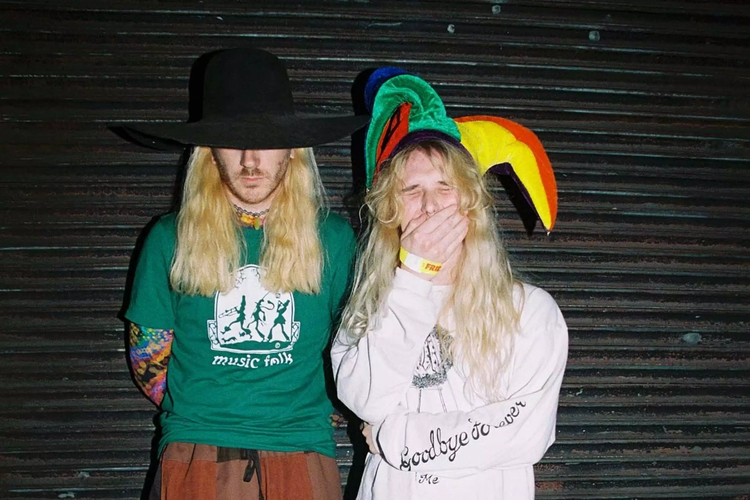

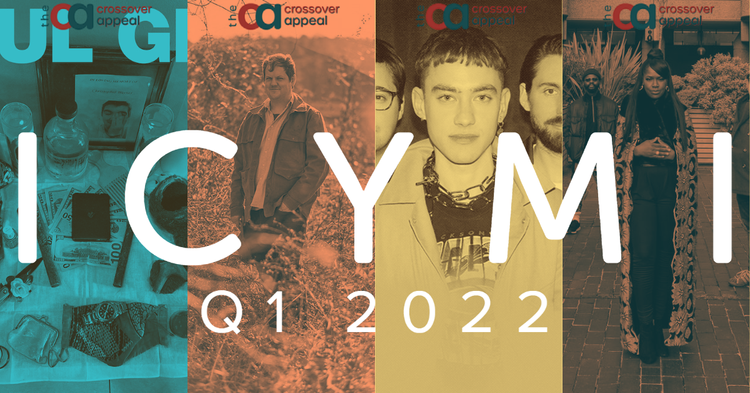
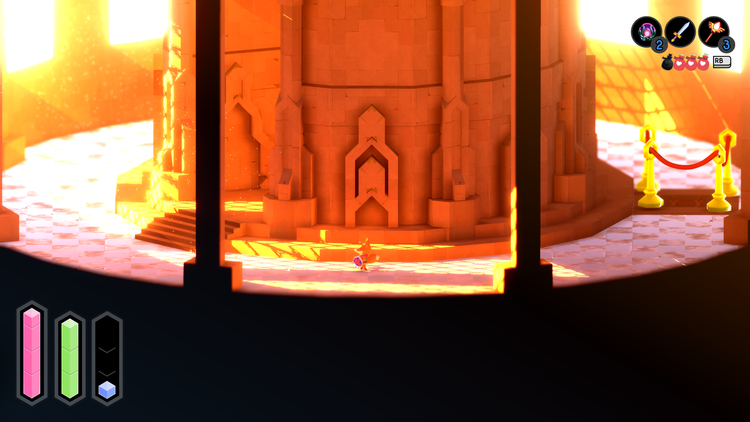
Member discussion